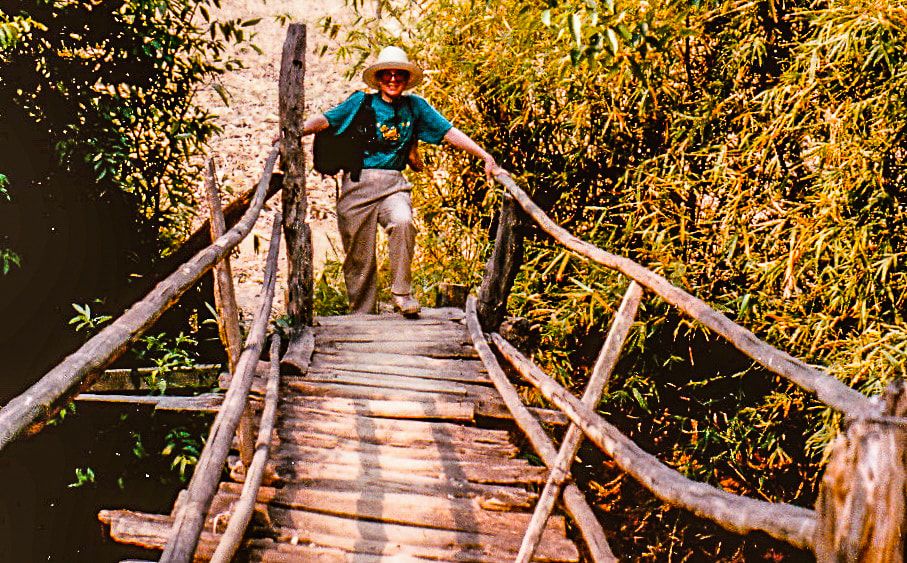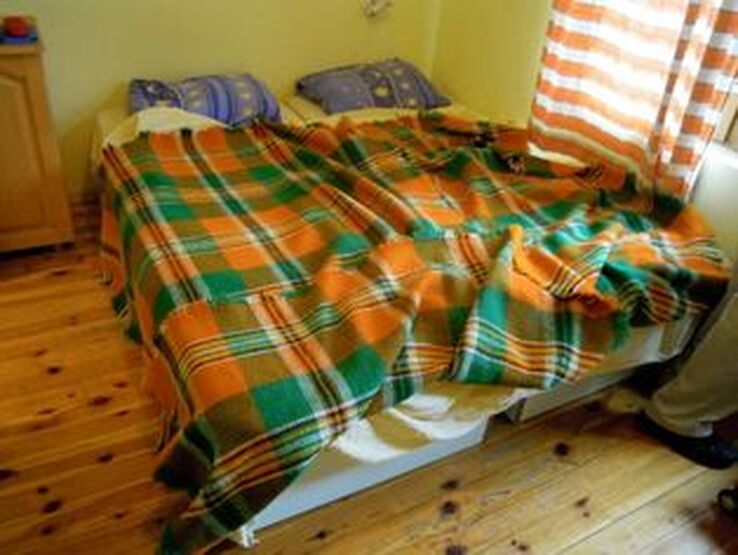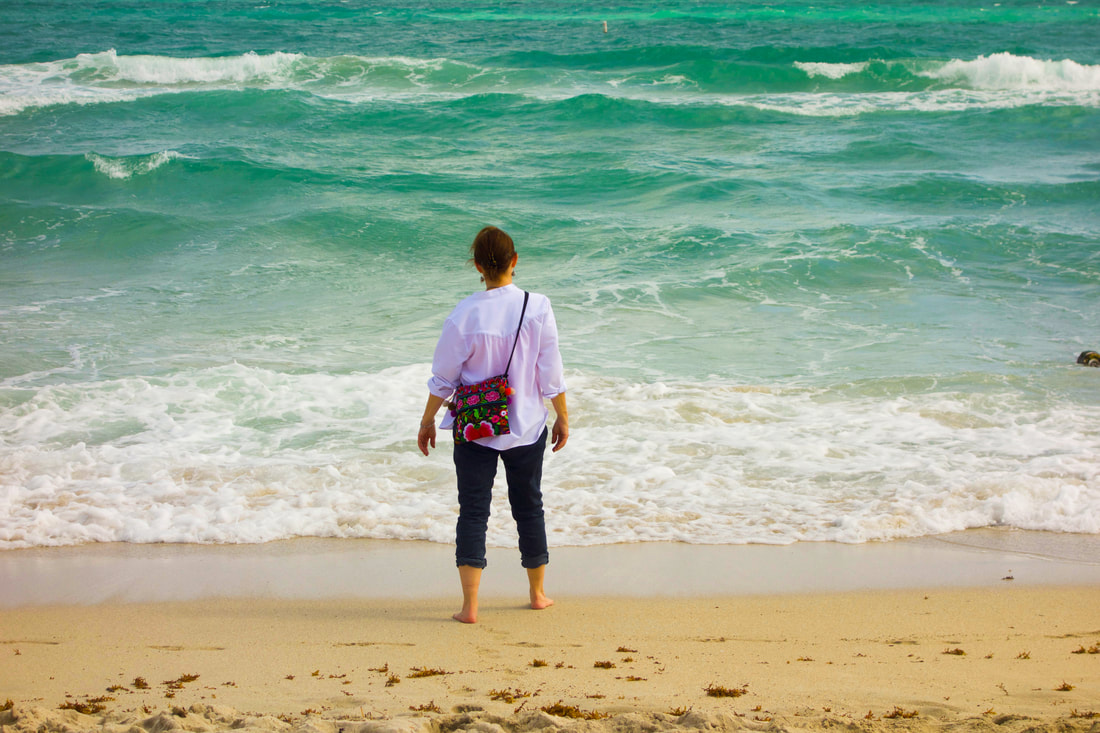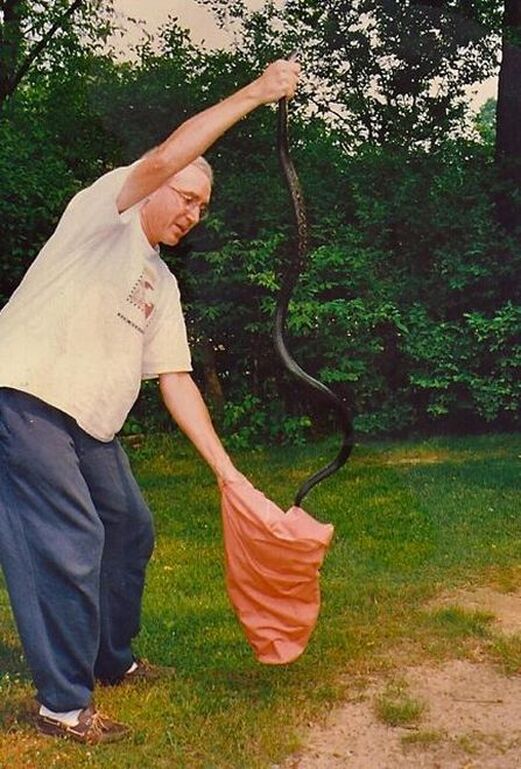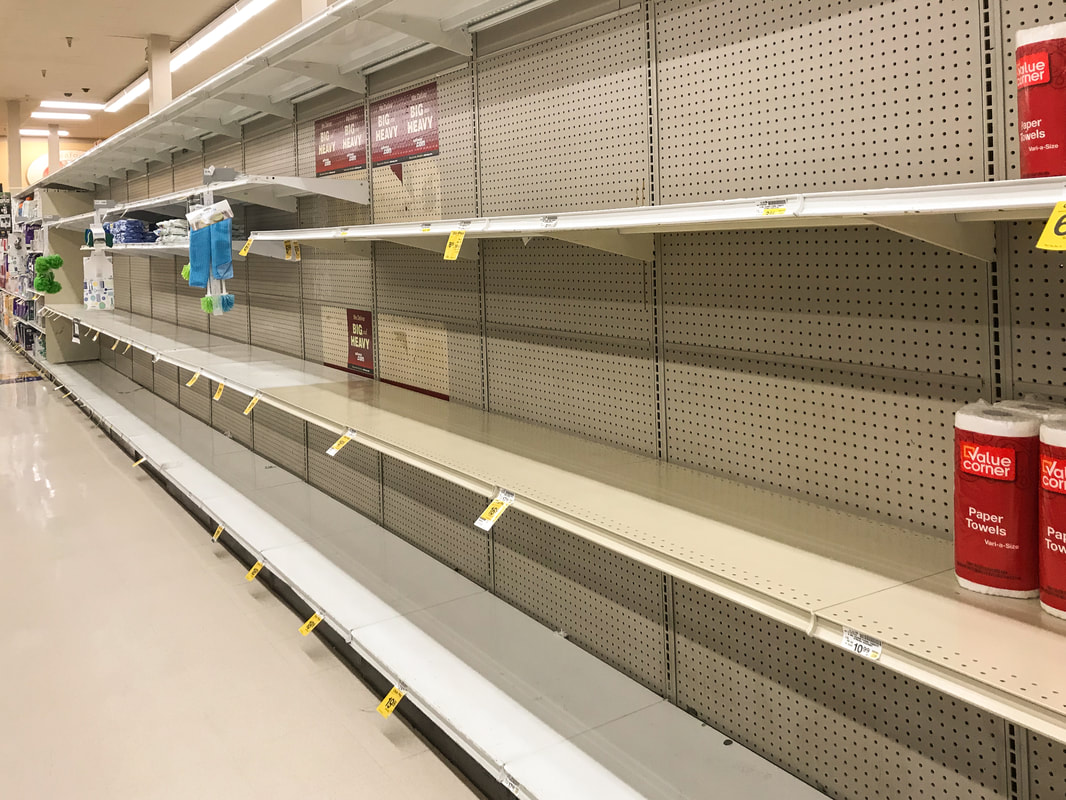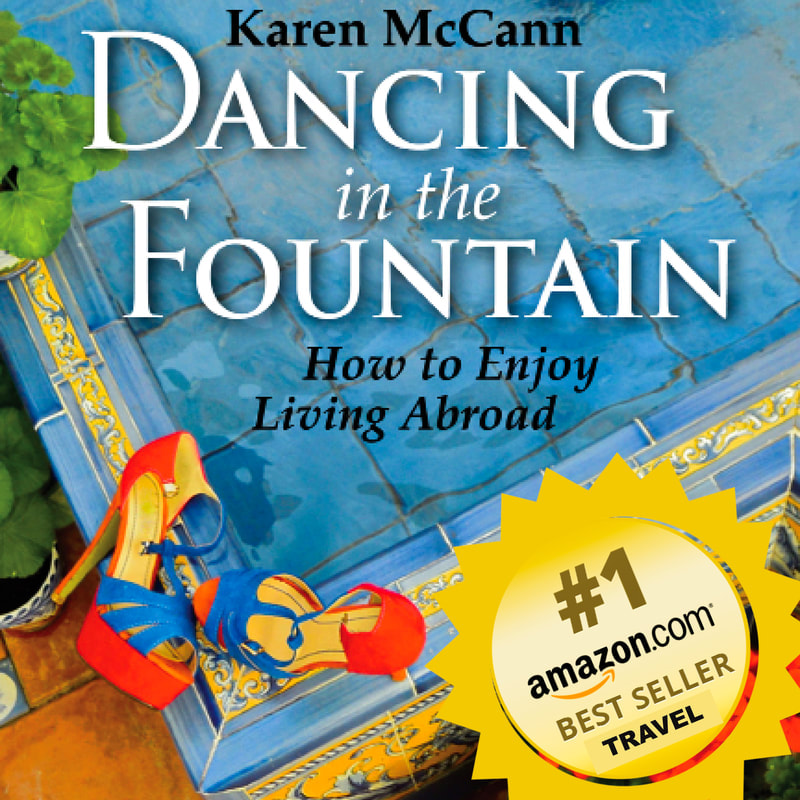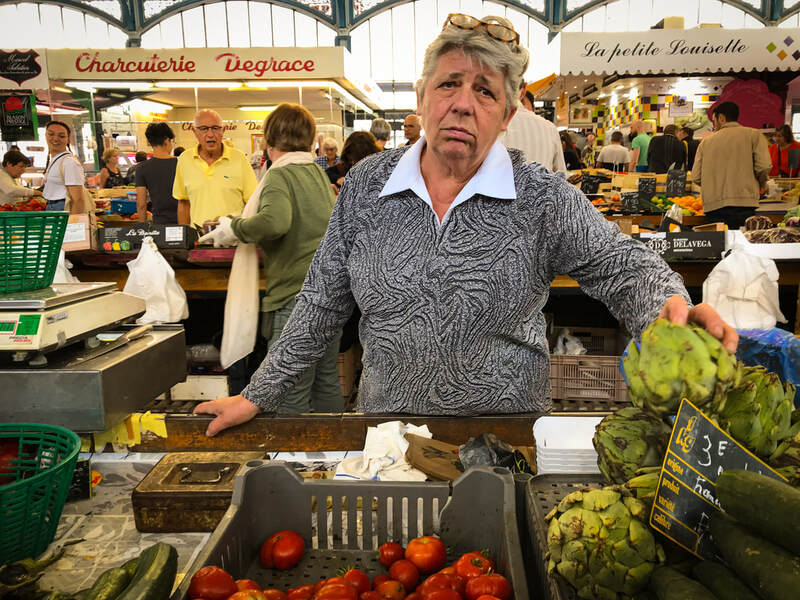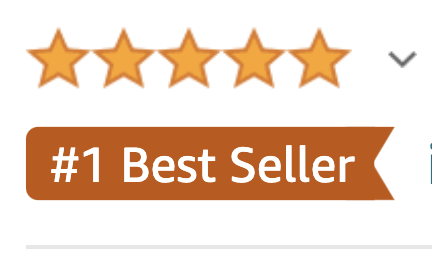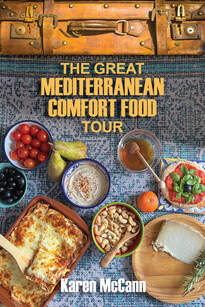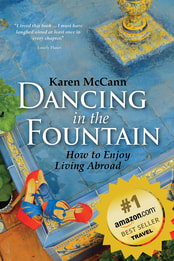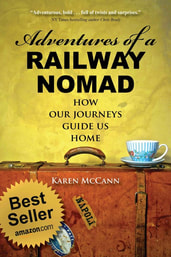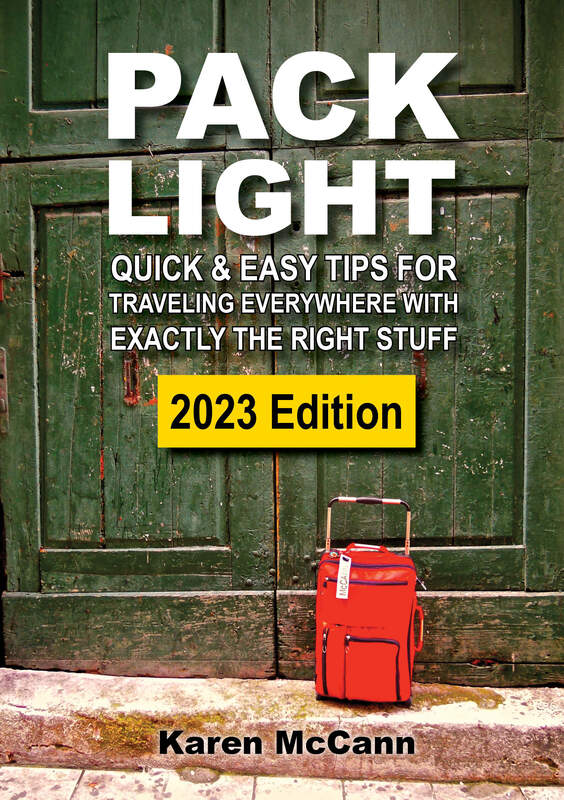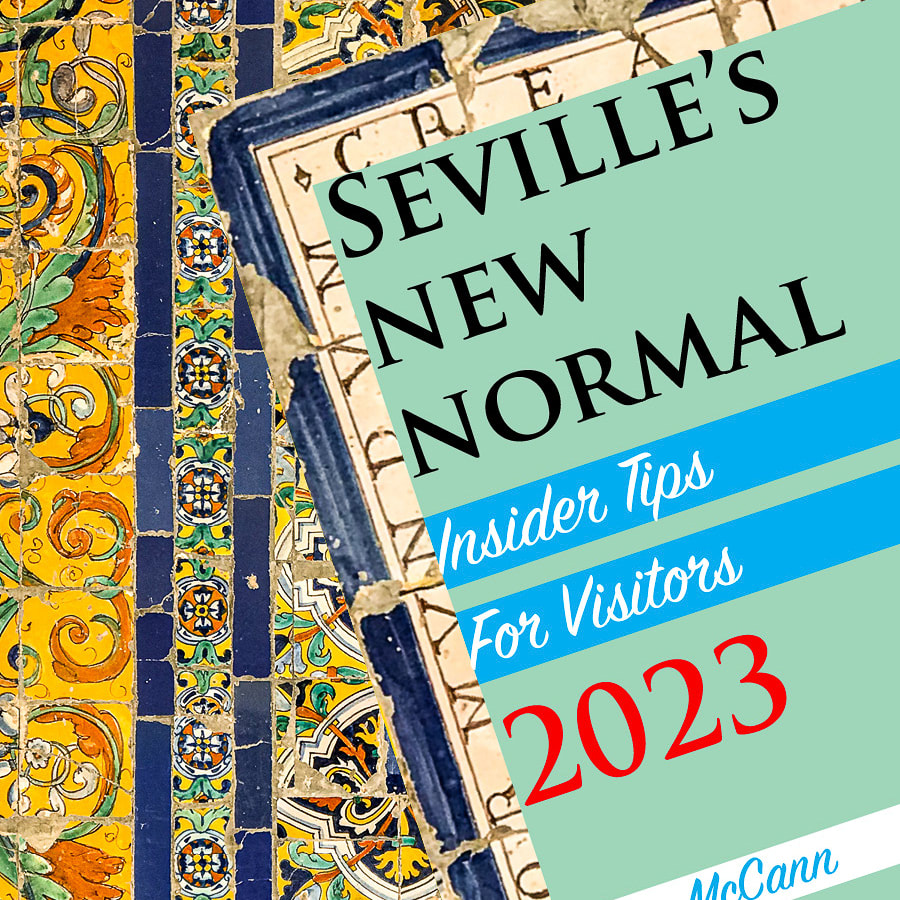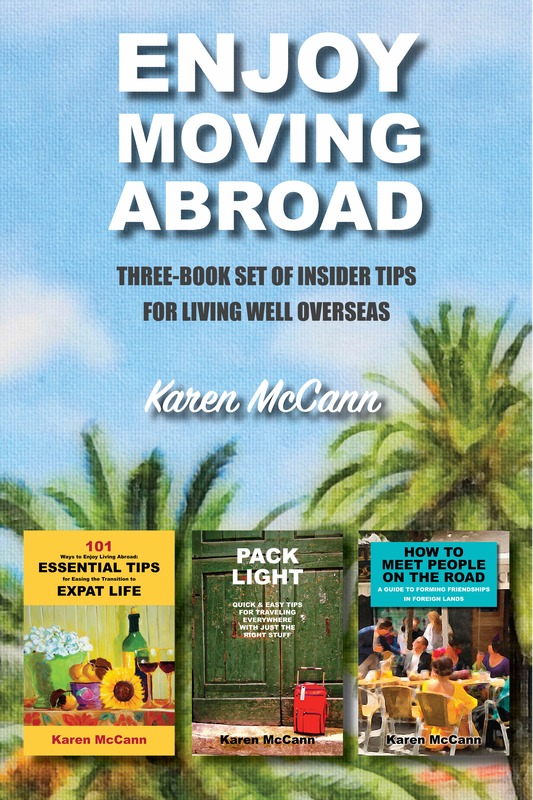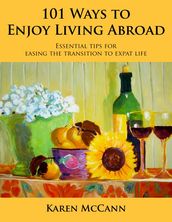|
“The best thing I learned from our travels,” Rich remarked over Sunday lunch, “was how to live with uncertainty.” Even the most carefully planned journey holds some suspense, if only about the weather and the sheer happenstance of daily living. One January in our corporate days, Rich and I took the chairman of the board and his wife on a business trip to a luxury hotel, certain they’d love it. The heating system in their room went on the fritz, so they passed the night in shivering misery and, no doubt, cursing our names. It was even chillier in the hostel where Rich and I stayed during our visit to Veliko Tarnovo, high in the Bulgarian mountains, in the autumn of 2013. But we loved every minute of it. When you pay $28 a night, you don’t expect much. And yes, our private room had a notable lack of scattered rose petals, chocolates on the pillow, hand towels folded to look like swans — or, for that matter, heat. But the dining hall was toasty warm all day, and the communal breakfasts and dinners offered riveting conversations that Rich and I still talk about to this day. My point is that expectations shape how we view all experiences. As Americans, we’re brought up with the unspoken but pervasive belief that if we do everything right we can plant our feet on solid ground and count on a life that’s perfectly secure, permanently comfortable, and filled with our fair share of pleasures. That’s always been a pipe dream. “Our lives are written in disappearing ink,” said author Michelle Cliff. The pandemic has made that obvious in ways we can’t ignore. Never have so many been so uncertain about so much for so long. If we’ve got any hope of maintaining our sanity through all this, we need to find a way to embrace uncertainty. And the best way to do that, the Buddhists suggest, is to think less about the past and future, and focus on the present moment. Now, you may be thinking: “But the present moment is so boring!” Which brings us to the second thing travel can teach us: how to cope with boredom. 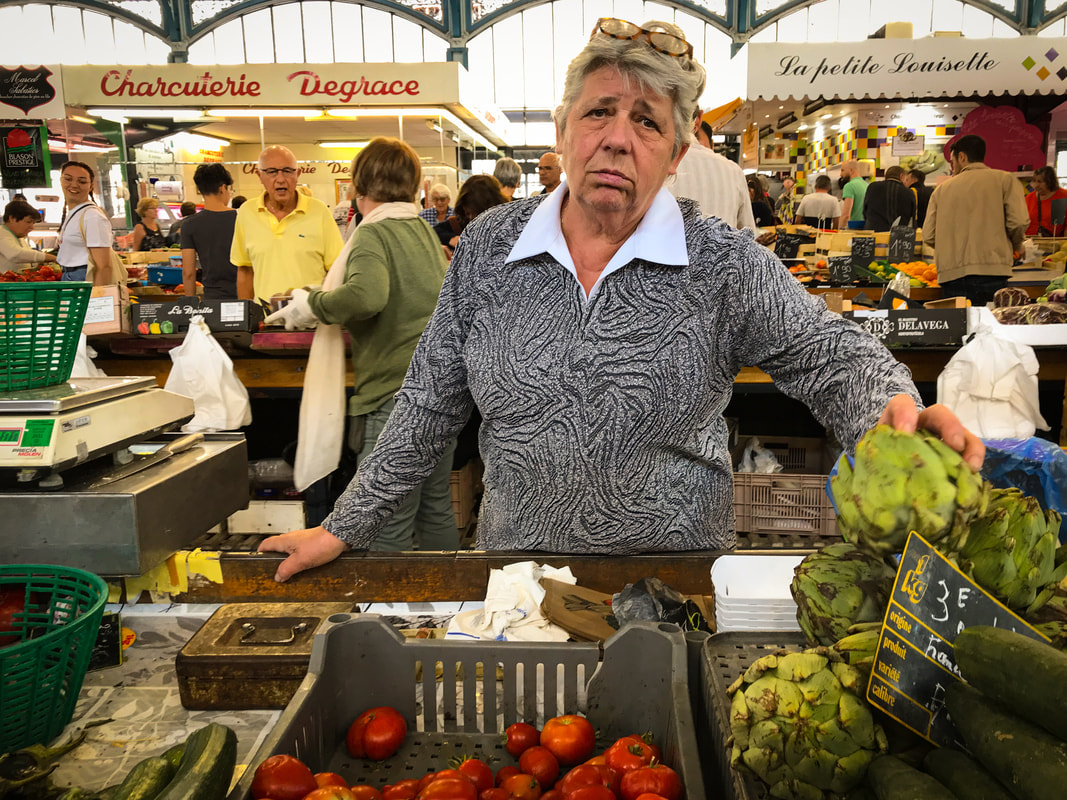 Our understanding of boredom is largely cultural. To the Frenchwoman above, it’s ennui, a sort of languid, jaded world-weariness. The Germans identify it straightforwardly as langeweile, a long time. Russians call it skuka after the sound of clucking chickens. In Nigeria young men speak of zaman kashin wando, sitting so long you wear out your pants. The concept of boredom is a modern invention, arising when the Industrial Revolution and train schedules suddenly required everyone to live by the clock. Identifying work hours created the idea of spare time — and pressure to maximize it before the next shift started. Australian anthropologist Yasmine Musharbash, who studies boredom in indigenous populations, says, “Traditionally, and by that, I mean pre-colonization, there would not have been such a thing as boredom. Boredom is when you rub up against time. That just would not have happened before. Because of colonization and how the day is structured — school bells, work times — time becomes a straitjacket.” In Western society, she says, it starts when we’re babies. “Bedtime trains us for work and makes us good workers. We learn that certain things need to be done at certain times. It is a pretty brutal lesson, but it is a way of accepting that time is the boss of you.” One of the hardest adjustments of the pandemic is losing the structure that has ruled our daily lives since infancy. For some, time seems to stretch out in a seamless eternity of sameness. Others are caught up in the frenzy of working from home while overseeing the kids’ online studies and doing the astonishing amount of cooking required to put three meals on the table seven days a week. Circumstances vary, but we’ve all lost the familiar routines that once governed our days. Much as we do when we travel. While relaxing the timetable can bring a sense of freedom, I’ve learned completely unstructured days leave me feeling adrift. On the road and at home, Rich and I establish routines that give rhythm to our day. We set aside hours for working online: doing research, keeping up with emails, and (in my case) writing my blog posts. During this time, we give each other plenty of psychological space. Even when working elbow-to-elbow at the kitchen table of a tiny Airbnb, we rarely interrupt each other, knowing that having some private headspace is vital to our sanity. It takes a lot for one of us to violate this code. One of the few times it’s happened, during a long-ago emergency in Ohio, I didn’t respond well. I should have known Rich would have a good reason for bursting into my office, but I didn’t even look up from the screen as I snapped, “I don’t care if the house is on fire. I have to finish this.” “Okay,” he said. “I just thought you might want to know there’s a six-foot snake on our bed.” In the pandemonium that followed, the snake slithered into a heating vent, and eventually a policeman helped Rich grab the wily reptile and stuff it into a pillow case. As Rich and I drove off to release it into the wild, the pillow case started to move. I thought Rich was jiggling it in jest. Then the snake’s head shot up out of the opening, and it began biting him on the hand — so hard its fangs snapped off. Luckily it was just a harmless black rat snake. We kept the fangs in a glass jar for years to impress the neighborhood kids. OK, I know I must have had some reason for telling the snake story . . . Oh yes, coping strategies. Living in the present moment helps, as does establishing some kind of routine. My third suggestion is about acceptance. Take shortages, for instance. My supermarket is often completely out of toilet paper, no longer carries my favorite crackers, and sells only canned artichoke hearts too fibrous to chew. Small annoyances, I agree, but still. Big chain stores and online shopping have trained us to expect a vast array of options at low prices with a money-back guarantee. Traveling abroad, I’ve learned to choose from among a few off-brand products that are only very approximately what I want. The silver lining? Having fewer choices actually makes us happier, according to research by psychologist Barry Schwartz. Constantly seeking maximum satisfaction can turn people into discontented perfectionists, while those who accept the first available option that meets their criteria tend to be happier with their purchase. As disconcerting as it is to see near-empty shelves, snapping up one of three remaining rolls of paper towels is positively thrilling. We’re all struggling to reconstruct our disrupted lives while wondering about the future. Whenever I contemplate the long term effects of the pandemic, I remember a Buddhist lecturer who said that when the Dalai Lama was asked about the legacy of the French Revolution. he replied, “Oh, it’s much too soon to say.” Yes, we live in an age of profound uncertainty with unknown consequences. But then, doesn’t everyone? This post is part of my ongoing series of articles on surviving the pandemic, if possible with some of our sanity and sense of humor intact. Each week I provide tips, strategies, and reasons for hope.
Sign up HERE to get free stories in your inbox each week. Feel free to share Three Ways Travel Prepares Us for Pandemic Survival with family and friends. https://www.enjoylivingabroad.com/my-blog/three-ways-travel-prepares-us-for-pandemic-suvival YOU MIGHT ALSO ENJOY
15 Comments
Beth Knowles
1/28/2021 07:29:18 pm
This morning, as I was trying to wake up at 10:30 a.m. and wondering where my 7:00 a.m. normal body clock wake-up time went, I actually thought of that snake I read about last month in your book. An hour later I opened my emails and there’s an actual picture of it! THAT is something I did not want to see because the story alone freaked me out. But the coincidence of thinking of that particular event in your book and seeing it in your blog email this morning compelled me to send you a note.
Reply
Karen K McCann
1/29/2021 03:51:51 am
Beth, I'm delighted to think Seville is now on your short list. It's a vibrant, friendly city with charm galore. And as if that wasn't enough to recommend it, there are no snakes! At least, I've never seen one, or heard of anyone who has. I have found peacocks strolling down the street; I assume they escaped from the gardens of the Alcázar royal palace, which keeps a few. Anyway, I hope you find it's everything you're dreaming of. It certainly changed my life for the better!
Reply
1/28/2021 08:18:58 pm
« Never have so many been so uncertain about so much for so long. ». Perfect. Very inspiring, I’m going to add some more routines to our lockdown life. And start checking under the covers before I get in my bed.
Reply
Karen K McCann
1/29/2021 03:57:26 am
I have to admit I checked in and around the bed very, very thoroughly for a while, as did everyone in the neighborhood. But in fact, it was just a one-off. The snake was perfectly harmless and had just dropped by to take a siesta on top of the bedspread. It seemed pretty surprised at all the fuss and I'm sure it was as glad to get away from us as we were to see it disappear into the woods at a distant park we took it to. It certainly never visited again, thank goodness!
Reply
Kathryn Johnson
1/28/2021 08:48:57 pm
Karen,
Reply
Karen K McCann
1/29/2021 04:01:44 am
So glad you liked the post, Kathryn! We sometimes forget how much we've learned on the road. And those lessons can certainly help us in navigating the pandemic journey. As one travel writer put it, "We were ready for anything yet were constantly surprised." That pretty much sums it up our current situation. We certainly need all our our pivoting skills!
Reply
1/28/2021 09:24:58 pm
For me, being a full-time writer (aka running my own business from home with a mega b***h for a boss) certainly prepped me for the pandemic.
Reply
Karen K McCann
1/29/2021 04:13:37 am
One thing I've learned is that it's the creative types who seem best able to take quarantine in stride. It's not that we don't see the downsides, of course, but we finally have plenty of time to practice our craft. Friends who are artists, musicians, or writers never seem bored and always have a dozen projects in hand. And as you say, working for yourself, especially in a creative endeavor, is to embrace uncertainty.
Reply
Kitty
1/28/2021 10:50:47 pm
Reading this episode took me to travel memories and we have been discussing where we will be able to go next. I guess I am not being here now but since I have been here now for over 9 months, I am ready to be transported elsewhere even if it is the past and future. Thanks for sending the memories.
Reply
Karen K McCann
1/29/2021 04:17:11 am
Like you, Kitty, Rich and I love to retell our favorite travel stories, and I often stumble across old photos that spark memories of adventures in far off lands. For now, I am content to stay safe in my cottage in San Anselmo, knowing that someday it will be sensible to travel again. In the meantime we can enjoy the memories as we dream of better times.
Reply
1/29/2021 06:53:43 am
I have often told friends they are getting from the pandemic a taste of our expat life: dealing with unknowns, loss of face-to-face contact with friends, changing routines and expectations. Great post, Karen!
Reply
Karen K McCann
1/29/2021 06:46:06 pm
Thanks, Jackie. I knew you'd be able to relate to the idea that the struggles of travel and expat living are great preparation for the wildly unpredictable lifestyle we're all experiencing now. Who could have imagined that your time in a peaceful little seaside Greek village would be such helpful training for the 21st century's most shocking global crisis?
Reply
Joe Kinsella
1/30/2021 02:02:10 am
Ah, Karen, we are trained to respect schedules. I recall on a solo trek to Ireland in the mid '90s, I was to spend 3 weeks -- just traveling around, untethered. The plan was unstructured. I thought that I would move on to the next locale / B&B when I was ready.
Reply
Karen K McCann
2/1/2021 04:44:25 pm
I hear you, Joe! We are so programmed to fit our lives into schedules and rhythms that it's virtually impossible for us to avoid them, and we feel so much more comfortable within some sort of structure. One of the fascinating things about the pandemic is how much simpler those schedules have become, at least for me. Kind of makes you wonder what life will be like if/when we ever emerge from sheltering at home. Will we pick the pace back up? What kind of new rhythms will we establish? It's going to be very interesting to see how it all shakes out.
Reply
3/10/2022 05:07:50 am
This is a very informative—edifying article to all. Thanks a lot! Continue to post!
Reply
Leave a Reply. |
This blog is a promotion-free zone.
As my regular readers know, I never get free or discounted goods or services for mentioning anything on this blog (or anywhere else). I only write about things I find interesting and/or useful. I'm an American travel writer living in California and Seville, Spain. I travel the world seeking eccentric people, quirky places, and outrageously delicious food so I can have the fun of writing about them here.
My current project is OUT TO LUNCH IN SAN FRANCISCO. Don't miss out! SIGN UP HERE to be notified when I publish new posts. Planning a trip?
Use the search box below to find out about other places I've written about. Winner of the 2023 Firebird Book Award for Travel
#1 Amazon Bestseller in Tourist Destinations, Travel Tips, Gastronomy Essays, and Senior Travel
BLOG ARCHIVES
July 2024
CATEGORIES
All
|
